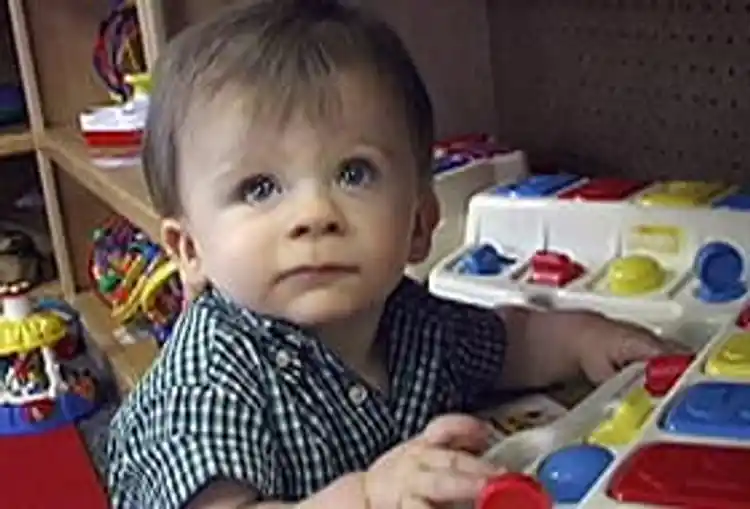Surviving Kids' Germs

Hide Video Transcript
Video Transcript
Narrator
Look at those sweet, kissable faces. It's sometimes hard to remember they're magnets for germs… Terry McFadden, MD
Any child who has fever or who has diarrhea, or who is sneezing excessively or coughing excessively is a child who is spreading their contagion to other children. So it's really important to keep those children at home even when it's not convenient for families. Narrator
The first line of defense against colds flus and other contagious diseases is a strong and healthy body. So make sure both you and your child are getting enough sleep, eating healthy foods, exercising on a regular basis and staying current on vaccinations. Brunilda Nazario, MD
Not all viruses will make you sick. Not each time you touch a contaminated surface will you become sick. It depends on the dose you ingest, it depends on your own defenses…so, there are a lot of variables there. Narrator
Still, there are a lot of little things you can do to help cut the odds… Teach your child to sneeze or cough into a tissue to reduce the spread of germs by hand-to-hand contact. Make sure they don't share eating utensils or other personal items. And encourage them to wash their ands often and long…singing a song during the process will help. There are also key areas you can target around your home to reduce your risk of spreading an infection: The kitchen is a breeding-ground for germs—especially those nasty kitchen sponges and rags. But don't just launder them—the germs aren't killed by a normal wash cycle. Replace them often or use paper towels or disposable wipes. Next, clean surfaces that people touch a lot—like doorknobs, faucets and countertops. And as always…Wash your hands. Washing up often can go a long way in keeping you from getting sick when your children do bring something home… Child gets temperature taken
See the number going up? Narrator
For WebMD, I'm Sandee LaMotte.